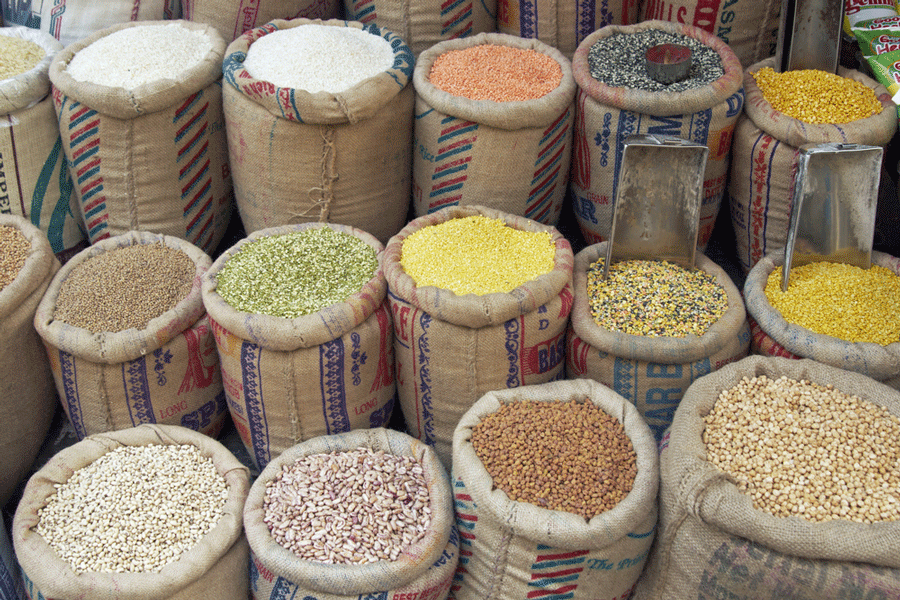The Modi government has extended the duty-free import of yellow peas until February 28, 2025, in a bid to stabilise domestic pulse prices and address supply shortages, a notification said.
The imports will be subject to registration under the online Import Monitoring System, effective immediately.
The Directorate General of Foreign Trade (DGFT) announced the decision, stating, “Import of yellow peas...is free without the MIP (minimum import price) condition and without port restriction, subject to registration...for all consignments where the Bill of Lading is issued on or before February 28, 2025.”
The move comes as India faces tight supplies of key pulses, including tur (pigeon pea) and chana (gram), driven by lower yield expectations in major growing regions. While India is one of the world’s largest producers of pulses, domestic production has struggled to meet rising demand, leading to increased reliance on imports.
In 2023-24, India imported over 2.2 million metric tonnes of yellow peas, primarily from Canada and Russia, to boost availability. Pulses imports nearly doubled in value to $3.74 billion during the same period.
Despite efforts to ramp up production, including incentives for farmers, demand for pulses has outpaced supply. Production rose from 16.3 million tonnes in 2015-16 to 24.5 million tonnes in 2023-24, but consumption is estimated at 27 million tonnes annually.
The extension of duty-free imports comes amid soaring prices of essential pulses.
In December, retail prices reached ₹159.58 per kg for tur, ₹114.8 per kg for moong dal, ₹94.48 per kg for chana, and ₹89.67 per kg for masur, according to the consumer affairs ministry.
To ease the burden on consumers, the government is selling chana dal at ₹70 per kg and chana whole at ₹58 per kg from its price stabilisation buffer under the Bharat Dal initiative. Bharat-branded pulses, including moong and masur, are also being sold at subsidised rates.
The agriculture ministry reported a 4.23 per cent increase in the area sown under pulses for the ongoing rabi season, totalling 12.06 million hectares as of December 6.
The total sown area is expected to surpass the normal 14.04 million hectares, driven by higher remunerative prices received by farmers last year.
While the extension of duty-free imports provides short-term relief, experts emphasise the need for long-term measures.











